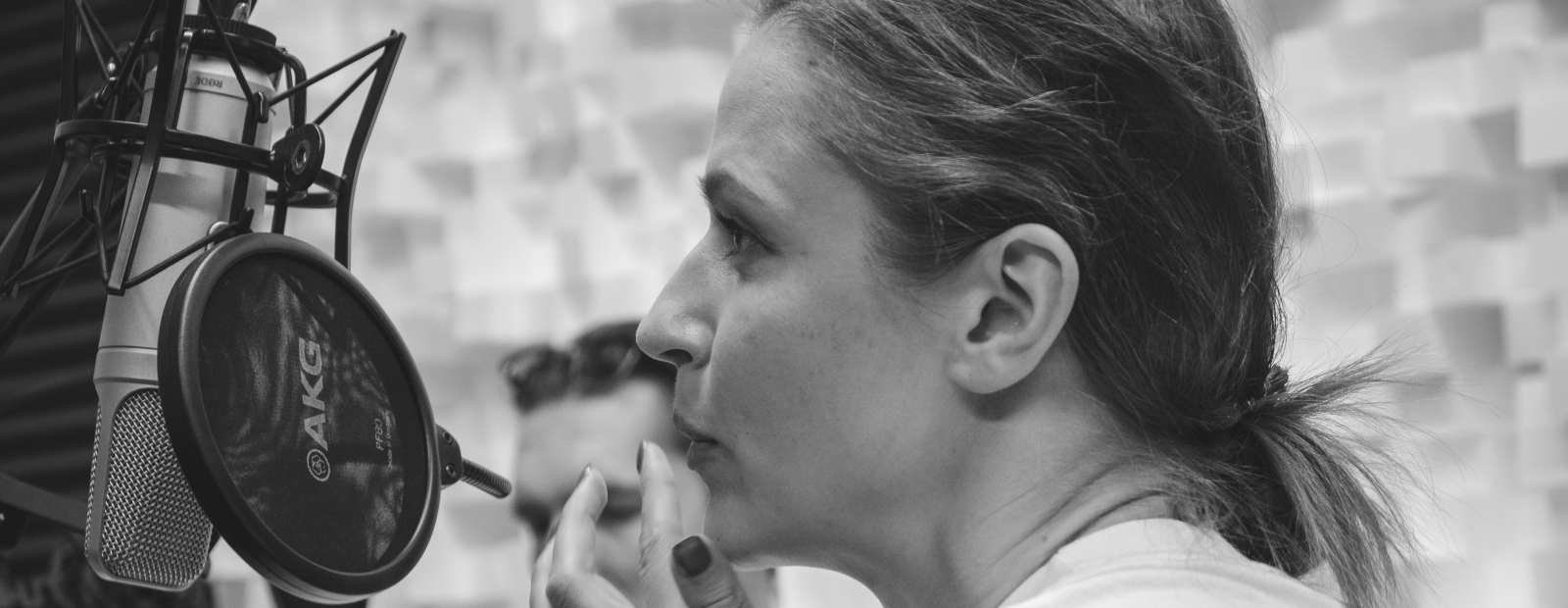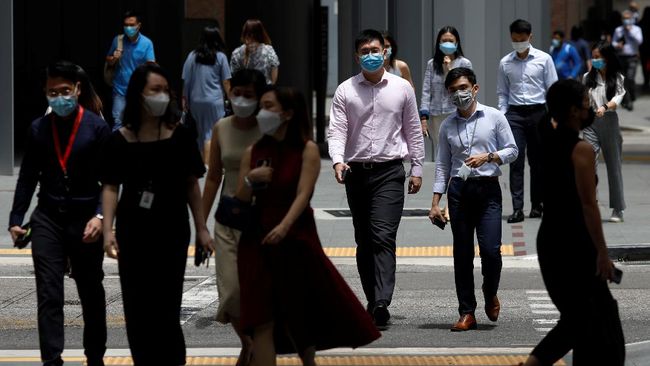–
With the recent tests of health directors on the application of the vaccine against COVID-19 in children between five and eleven years old, some countries have sped up the acquisition of units. The closest example is Costa Rica, whose President announced the purchase of 1.5 million doses to protect this age group; On the contrary, the president, Alejandro Giammattei, is waiting for donations to continue with this stage of immunization.
THE PURCHASE IN COSTA RICA
On October 25, the president of Costa Rica, Carlos Alvarado, reported the purchase of 1.5 million biologicals to combat the coronavirus. According to the president, these units will be aimed at children between the ages of five and eleven.
That day, from the National Children’s Hospital in Costa Rica, President Alvarado announced the purchase of the biologicals. “From the National Children’s Hospital we celebrate the beginning of the open application of Syringea for children aged 12-17 years. And I announced that children of 5-11 years will be protected and 3rd doses for older adults, “he recalled in a tweet.
The media outlet La República of that country detailed that infants in Costa Rica will receive the immunizer from Pfizer / BioNTech, whose schedule is completed with two doses.
GUATEMALA WAITS FOR DONATIONS AS STUDIES ADVANCE
On the other hand, studies on the safety of the vaccine in minors are progressing in the United States. The US Food and Drug Administration (FDA) recommended the use of a reduced dose of the vaccine for this population group.
Data from Pfizer’s clinical trials suggest that smaller doses of its vaccine in children were highly effective in producing antibodies against Sars-CoV2 and could exceed 90% effective in preventing COVID-19, as collected by CBS News. .
Pfizer’s dose in its small version will be distributed with a packaging to distinguish the new formulation from its full-strength adult vaccine, company executives told VRBPAC members to the media.
On Tuesday, a panel of FDA advisers voted mostly to approve the Pfizer vaccine in children between the ages of five and eleven, a key phase in fully endorsing the immunizer at these ages. In this vote, seventeen members were in favor of the authorization and one person abstained from voting.
If the FDA approves this application, the Centers for Disease Control and Prevention (CDC) will proceed with the analysis and recommendations before implementing the vaccines. While awaiting final approval from the CDC, President Joe Biden indicated that the first doses for infants will begin the first week of November, as reported by CBS News.
GIAMMATTEI WAITS FOR A DONATED VACCINE WITHOUT GUARANTEE
In Guatemala, efforts to immunize boys and girls between the ages of six and eleven are summed up pending a US donation of Moderna vaccines. In an interview with the radio station Sonora, President Alejandro Giammattei affirmed that the receipt of a donation of Moderna vaccines for the group of minors is being expedited.
“We are working on a rather urgent donation to move, because Moderna has just been approved for children over six years of age with a special dose, we are seeing to get 4 million doses for adults,” he said in the interview.
The vaccine that the president hopes does not yet have international endorsement for its application in minors. US media have highlighted that, according to the Moderna pharmaceutical company, its vaccine is safe and effective in boys and girls from six to eleven years old, but it has not been officially approved.
According to President Giammattei’s calculations, the vaccines would be enough to inoculate 8 million infants, “with which we would be covering the two doses for all school-age children,” he said.

He added that vaccination for this age group would be scheduled for mid-November, although it will depend on the procedures that he says are being carried out. “We would expect it to be in the second half of November to try to have all the güiros who want to be vaccinated, vaccinated before returning to school on February 15, a goal we have set for ourselves,” he declared.
NO SHOPPING IN SIGHT
Giammattei does not mention the possibility of making a direct purchase from Pfizer, to complete the vaccination of 12 to 17 years the government awaits the arrival of a batch of more than 2 million doses through COVAX.
The Ministry of Health was consulted if there are negotiations with the pharmaceutical company and what its status is, but they indicated that they would transfer the consultation; to get an answer will be added in this space.
THE IMPACT OF COVID-19 ON CHILDREN
Until now, the National Vaccination Plan has not contemplated boys and girls between the ages of five and eleven; however, the spread of the disease has been unavoidable in this age group.
With data from the COVID-19 Dashboard, it was possible to identify that, as of October 25, 14,820 infants between the ages of five and eleven have hosted Sars-CoV2. The trend indicates that as the ages grow, the infections increase. Until the last update, the following cases were identified by age:
5 years: 802 boys and 748 girls
6 years: 861 boys and 832 girls
7 years: 904 boys and 936 girls
8 years: 1,067 boys and 983 girls
9 years: 1,129 boys and 1,083 girls
10 years: 1,289 boys and 1,305 girls
11 years: 1,440 boys and 1,441 girls
Correspondingly, 20 deaths have been recorded in people in this age group.
–


